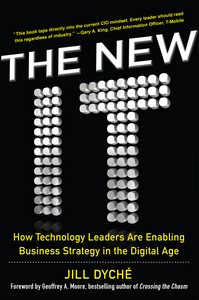Risk management has become an essential issue in supply chain management, from the modeling of the decision maker’s risk preference, and the studies on uncertain elements such as demand, supply, price, lead time, etc., to the consideration of more practical background including cash flow constraints, inventory financing and delayed cash payment. In this new volume, the authors provide a framework to study the interaction of various factors related to risk and their influence on supply chain management. The scope of areas covered includes operations management, decision analysis, and business administration. This book focuses on several key issues of risk management in supply chains. Specifically, an analysis framework is presented for studying the supplier selection problem and identifying the optimal sourcing strategy in a one-retailer two-suppliers supply chain with random yields. The optimal sourcing strategy of a retailer and the pricing strategies of two suppliers under an environment of supply disruption are investigated. Besides, the authors study the dynamic inventory control problems with cash flow constraints, financing decisions as well as delayed cash payment. In addition, originating from the annual international iron ore price negotiation, the authors model the bargaining process to deal with the risk of wholesale price in the game analysis context. Within the three perspectives of risk management in supply chains, the modeling of decision maker’s risk preference has been extensively studied and many results have been obtained to guide the practice. However, the analysis on the other two kinds of topics is still in its infancy, and needs more efforts from academia. It is thus the ambition and innovation for this book to contribute on risk management in supply chains in the following ways: (1) characterizing the explicit sourcing strategy (i.e., single sourcing or dual sourcing) to deal with supply disruption risk; (2) introducing the concepts of financial risk measurement by incorporating cash flow constraints, inventory financing and delayed cash payment into inventory management models; and (3) providing insights for the iron ore price negotiation to help steel manufacturers handle the risk of price increase.












